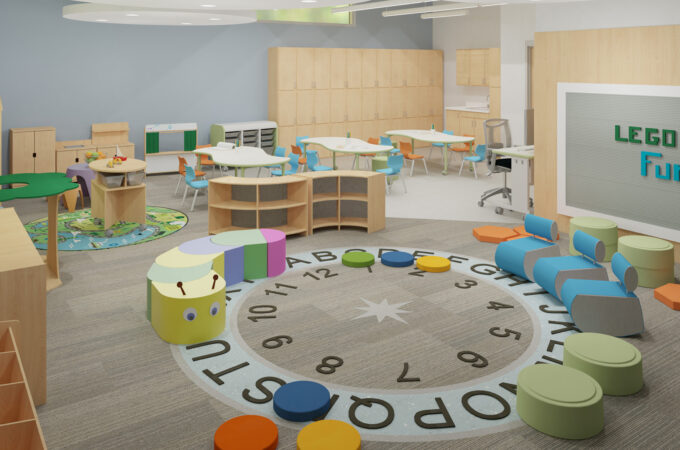
Unveiling the Importance of Primary School Education
Primary school education plays a foundational role in a child’s academic and personal development. It serves as the stepping stone towards a lifetime of learning and sets the stage for future success. In this article, we will explore the significance of primary school education, its benefits, and the essential aspects that make it a crucial phase in a child’s educational journey.
Building a Strong Educational Foundation
Primary school acts as the building block of education, providing children with a solid foundation in various subjects such as mathematics, language arts, science, and social studies. It introduces them to fundamental concepts, helps develop critical thinking skills, and fosters a love for learning. Through structured curriculum and engaging teaching methods, primary schools establish a strong base that prepares children for higher levels of education.
Holistic Development
Primary schools focus not only on academics but also on the holistic development of children. They nurture the social, emotional, physical, and creative aspects of a child’s personality. Primary school education provides opportunities for children to develop their interpersonal skills, learn teamwork, express their creativity through arts and crafts, engage in physical activities, and build resilience and self-confidence.
Language and Communication Skills
Primary school is a crucial period for language acquisition and the development of communication skills. Children learn to read, write, and express their thoughts effectively. They build vocabulary, improve grammar, and enhance their verbal and written communication abilities. Primary school education lays the foundation for effective communication, which is essential for academic success and social interactions throughout life.

Social and Emotional Development
Primary school is a time when children begin to interact with peers, form friendships, and navigate social dynamics. They learn essential life skills such as empathy, cooperation, conflict resolution, and respect for others. Primary schools provide a supportive and inclusive environment where children can develop social skills, gain confidence, and build positive relationships.
Encouraging Curiosity and Critical Thinking
Primary school education encourages curiosity and instills a love for learning. It promotes critical thinking skills, problem-solving abilities, and independent thought. Through hands-on activities, projects, and interactive learning experiences, primary schools stimulate children’s curiosity, encouraging them to ask questions, explore, and seek knowledge.
Personalized Learning
Primary schools recognize that each child is unique and has different learning needs. They strive to provide personalized learning experiences that cater to individual strengths, interests, and learning styles. Teachers adapt their teaching methods to accommodate diverse learners, ensuring that every child receives the support they need to reach their full potential.
Conclusion
Primary school education lays the groundwork for a child’s educational journey, shaping their academic, social, and emotional development. It provides a nurturing environment where children learn essential skills, develop a thirst for knowledge, and build a strong educational foundation. The benefits of primary school education extend far beyond the classroom, impacting a child’s lifelong learning journey and overall well-being. By investing in quality primary education, we invest in the future success of our children and the betterment of society as a whole.




